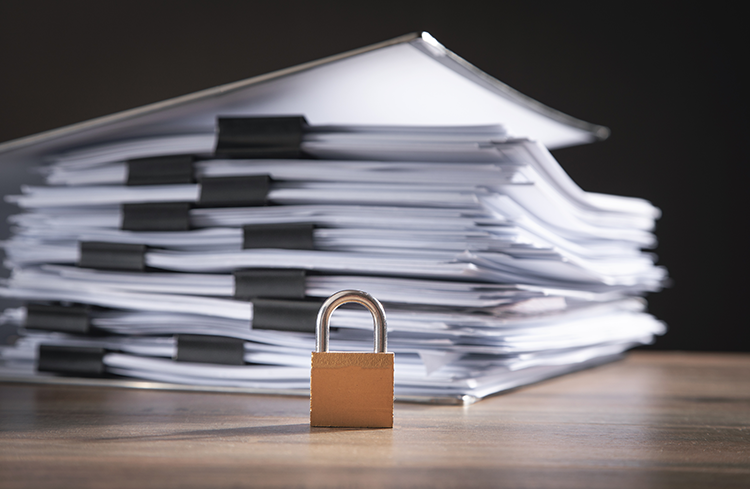To increase veterans' access to legal aid, providers should work with VA, break down 'silos,' new report says

Image from Shutterstock.
Legal aid providers should expand collaboration with programs of the U.S. Department of Veterans Affairs to help provide comprehensive services for veterans, according to a task force report released Tuesday.
The 2021 Report of the Veterans Task Force, released Tuesday by the Legal Services Corp., notes that 1.3 million veterans are eligible for LSC-funded legal aid. But low-income veterans and other military personnel receive inadequate or no professional legal help for 88% of their civil legal problems, according to a 2017 LSC report on the justice gap.
The new report by the 43-member Veterans Task Force, established by the LSC in January 2020, recommended 13 ways that legal services providers and other entities can help increase veterans’ access to legal aid. The report is here, and a press release is here.
One recommendation is for legal aid providers to develop strategies to connect veterans to services and information before they leave the military service. Transitioning veterans must participate in the Transition Assistance Program, which is an “excellent opportunity for civil legal aid providers to engage transitioning service members before they separate,” the report said.
The task force recommended that civil legal aid providers work with TAP offices at military installations to adequately screen separating service members for potential legal issues and to ensure that they receive information about legal aid.
Civil legal aid providers should also build relationships with VA health care facilities, VA community veteran engagement boards and programs such as Supportive Services to Veteran Families, the report said.
“More than 6,500 organizations nationwide provide veteran-specific services,” the report said. “In addition, there are as many as 40,000 organizations in the U.S. that support populations facing the same general issues many veterans face, including health care providers; organizations with poverty expertise; social service organizations; suicide prevention organizations; and community, peer, educational and faith-based organizations. These organizations often work in silos, and as a result, many veterans do not have access to comprehensive services. … The task force recommends that legal aid providers engage the various service providers in their communities, forming voluntary coalitions equipped to provide a broad spectrum of services to veterans in need. Coalitions should adopt ‘No Wrong Door’ policies to further streamline the process.”
For its part, the LSC should collaborate with software developers to help improve and expand veterans’ access to virtual and online legal assistance, the task force said. The LSC should also create a position, or identify an organization, to be a national coordinator for veterans’ legal services.
The task force also had recommendations for Congress, including that lawmakers establish a national coordinator for veterans’ civil legal services within the VA.
The Veterans Task Force worked in collaboration with its pro bono partner, DLA Piper.
“The opportunity to participate on the LSC Veterans Task Force has been both eye-opening and rewarding,” said Jim Brogan, a veteran and a DLA Piper partner, in the press release. “Confusion, barriers and lack of coordination among service providers unfortunately make it difficult, and in some cases near impossible, for a veteran to obtain services theoretically available from a variety of federal, state and private agencies. By bringing representatives of these organizations together and engaging in thoughtful discourse, the task force is closing in on recommendations and action points to improve the delivery of services our veterans so richly deserve.”
Write a letter to the editor, share a story tip or update, or report an error.


